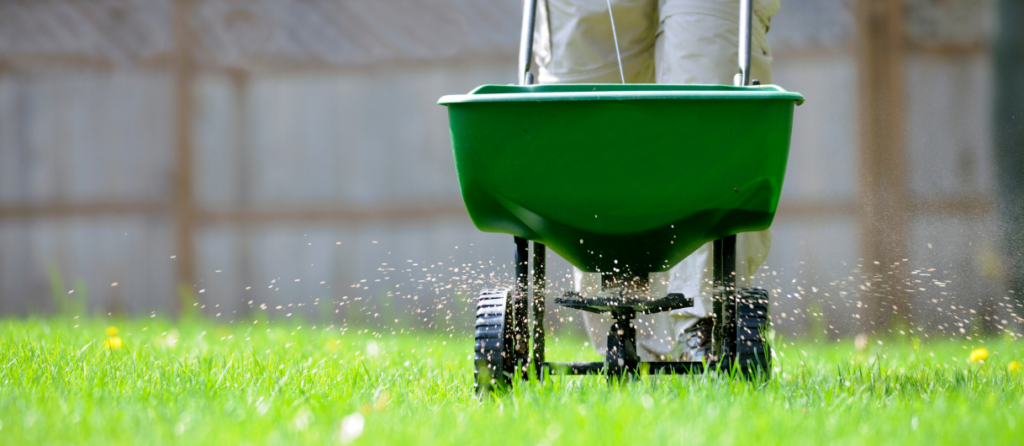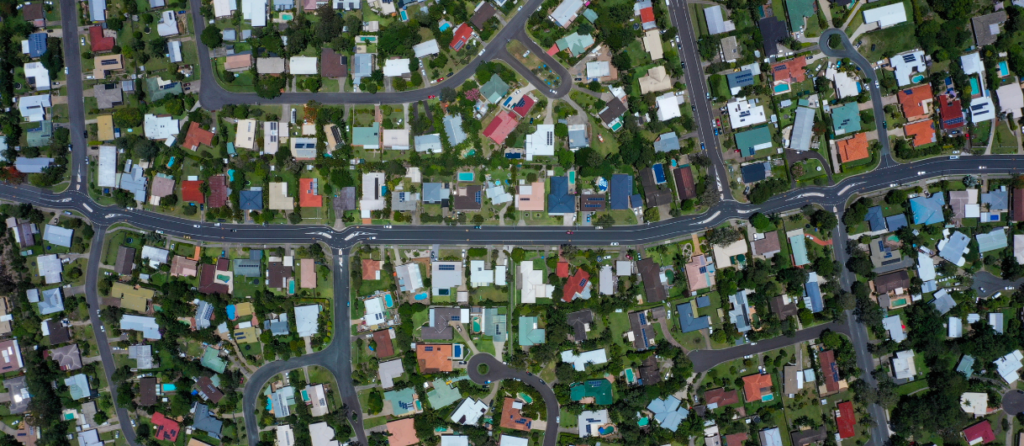Wetlands protections, preserving local fertilizer bans top our 2024 Legislative Priorities
Wetlands protections, preserving local fertilizer bans top our 2024 Legislative Priorities

Another Florida legislative session is right around the corner, and you know what that means: More bad bills destined to result in dirtier water, more giveaways to special interests and good bills left stranded without sufficient support.
It’s how we roll in Florida. And we, of course, are looking to change that – and with your help, we can.
We’ve developed our list of 2024 Legislative Priorities in collaboration with our friends at Friends of the Everglades, and with an eye on cleaner water, as always. Florida has a long way to go before our waters are as pristine as they look in the tourist brochures – but with enough political will, we can get there.
Hands off wetlands protections
The United States Supreme Court’s decision in the “Sackett case” significantly weakened federal wetlands protections, making millions of smaller, isolated wetlands ineligible for protection under the federal Clean Water Act. Florida has fairly robust protections, as do many counties and municipalities; however, other states and some Florida counties are already rolling back protections to accommodate more development. As wetlands are crucial to water quality, flood control, habitat and other crucial functions, we ask legislators to reject any attempt to preempt local authority on wetlands protections, and urge the Legislature and local governments to reaffirm support for existing wetlands safeguards.
Don’t ban fertilizer bans
“Strong” county and municipal fertilizer ordinances with summer blackout periods are literally the least local communities can do to keep nutrients out of polluted waterways. But a new analysis by the University of Florida’s Institute for Food and Agricultural Research (IFAS), based on flawed earlier studies, is expected to conclude such fertilizer bans are ineffective, and could prompt legislative attempts to preempt local government ordinances, and perhaps seek to overturn existing bans. As doing so could result in significant additional nutrient pollution in our waters, legislators must oppose attempts to preempt local authority on fertilizer bans.

Reject attempts to boost agricultural fertilizer use
In many of Florida’s most troubled basins, agriculture is far and away the biggest source of nitrogen and phosphorus pollution. While agriculture is a key economic sector and vital to the nation’s food supply, any attempts to boost allowable fertilizer use will inevitably result in even more nutrient pollution in already-impaired waterways. Improving agricultural yields is important, but we cannot achieve this goal at the expense of clean water. As such, we urge legislators to vote “no” on any attempt to boost agricultural fertilizer use.
Address toxic blue-green algae before it’s too late
Florida’s Blue-Green Algae Task Force and Harmful Algae Bloom/Red Tide Task Force issued reports in 2019 and 2020, respectively, but the Legislature has not passed the majority of the recommendations, even as algal blooms have become more frequent and more severe. If Florida is to prevent the problem from getting even worse, it must heed the task forces’ advice, and take the following steps:
- Fix Florida’s failing Basin Management Action Plans (more details below).
- End the “presumption of compliance” for agricultural landowners, which are not adequate to ensure Best Management Practices are working to curtail pollution.
- Require periodic septic tank inspections.
- Ensure that all “innovative technologies” utilized to kill/dissipate toxic algae blooms have been thoroughly studied and tested to ensure they are safe.
Fix Florida’s broken Basin Management Action Plans
Florida’s signature pollution-reduction program, Basin Management Action Plans, are too frequently failing to achieve pollution reduction goals and legislators must implement changes and demand accountability to help the program become successful. Among the steps that must be taken:
- Clearly identify the primary sources of pollution in each basin and the nutrient reduction requirements for each entity.
- Fix Florida’s failing Basin Management Action Plans (more details below).
- End the “presumption of compliance” for agricultural landowners, which are not adequate to ensure Best Management Practices are working to curtail pollution.
- Require periodic septic tank inspections.
- Ensure that all “innovative technologies” utilized to kill/dissipate toxic algae blooms have been thoroughly studied and tested to ensure they are safe.
- Hold FDEP accountable when the BMAPs fail to meet pollution reduction goals

Get a better handle on runaway development
As the breakneck pace of growth in Florida continues to result in ever-more polluted water, Florida needs to tap the brakes in order to protect our fragile waterways and wild areas, before they’re gone forever. As such, the Legislature should consider reestablishing the Department of Community Affairs or create a similar agency to better manage growth at the state level and renew the protections for rural and environmentally sensitive lands included in the 2011 Community Planning Act.
Most importantly, the Legislature should repeal penalties levied on local citizens who bring legitimate but ultimately unsuccessful challenges to questionable development approvals.
Send more clean water south
Harmful discharges from Lake Okeechobee remain a periodic threat to the Caloosahatchee River, St. Lucie River, and Lake Worth Lagoon; high water levels threaten the ecology of the lake itself, and the southern Everglades and Florida Bay still don’t receive enough clean freshwater. The new U.S. Army Corps of Engineers’ Lake Okeechobee System Operating Manual (LOSOM) will reduce, but not end, discharges. Meanwhile, significant scientific questions have been raised about the effectiveness and design of the $4 billion EAA Reservoir project; and more recently water managers have focused on storage north of Lake Okeechobee, which could help reduce flows into the lake – but can do nothing to prevent discharges if the lake level nonetheless gets too high. It’s clear more land is needed south of the lake to create additional capacity to store water, clean it, and move it south to rehydrate the southern Everglades.
Stop sugarcane burning
Phase out pre-harvest burning. Sugarcane growers regularly burn fields to facilitate harvest in Florida, causing smoke and ash to blanket nearby communities, which contributes to health problems like asthma and chronic obstructive pulmonary disease (COPD). Sugarcane burning represents an environmental injustice, disproportionately affecting low-income communities of color in the Glades region. This outdated practice must be phased and growers required to transition to safer “green” harvesting.
As wish lists go, this one’s pretty ambitious. But this session we plan on being even more proactive, flagging good and bad proposals even sooner – and raising even more of a ruckus over the bad bills.
And we need your help. We’ll furnish you with the background and provide ample opportunity for you to weigh in. Because it’s only when we make a ruckus on behalf of clean water that our voices can be heard in Tallahassee.


